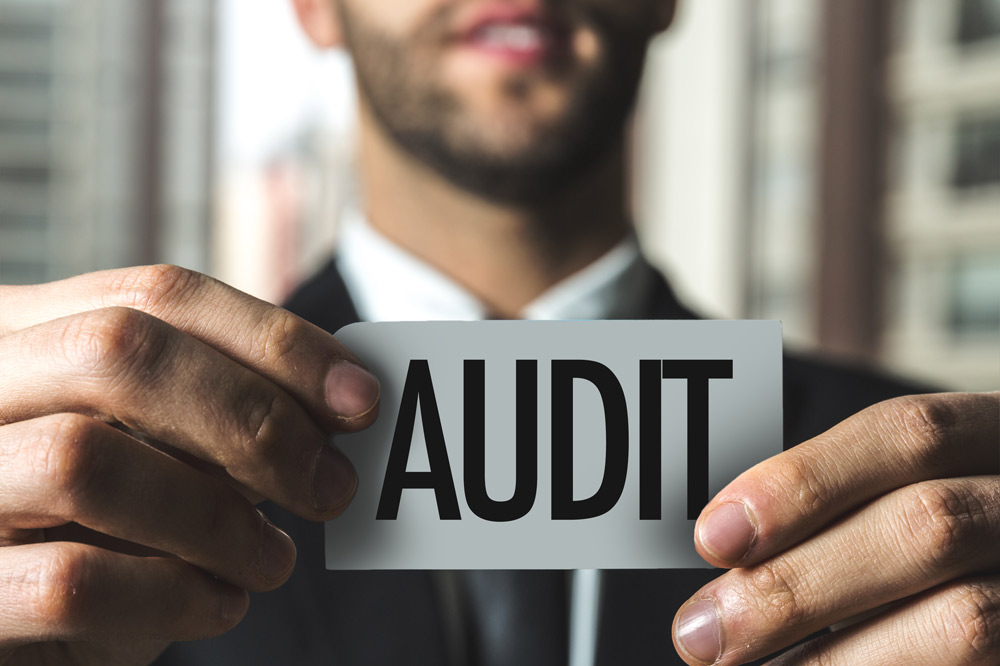An audit by the IRS is one of the greatest fears of every American taxpayer. Whether errors have been made in your tax return or the IRS simply would like more information, it is not uncommon for them to request an audit. Unless you have purposely withheld information regarding your taxes, however, an audit is not scary if you know what to expect. To ensure that you know precisely what happens when you get audited, we have created the following guide.
Why was Your Return Chosen for an Audit?
Although the IRS is required to reveal the reason for the audit, it is your responsibility to call them and ask. There is a variety of reasons behind tax audits, most commonly:
- Cash wages, forms that do not match records, unusually high deductions, or inconsistent reporting relative to previous years;
- Automatic red flags found by IRS computer systems, e.g., unusually high withheld income;
- Related examinations, i.e., your transactions relative to another person’s audit; or
- Random selection.
Determine How You are Being Audited
Just as there are different reasons for being audited, there are also different types of audits. Knowing the specifics of each one will aid you in gathering appropriate documentation and submitting it in the correct manner. Audit types include:
- Correspondence Audit – You are requested to submit receipts, checks, and other similar paperwork to clarify a part of your tax return.
- In-Office Audit – You are requested to bring certain documentation to a local IRS office, where the audit is conducted.
- Field Audit – You are requested to meet with an IRS agent at your place of business to undergo the audit.
- Taxpayer Compliance Measurement Program Audit – You are requested to substantiate your entire tax return with relevant documentation in order to update the IRS computer scoring system.
Whereas correspondence and office audits do not require the counsel or presence of a qualified tax attorney, it is best to work with one when it comes to field and TCMP audits.
Surviving an In-Person Audit
Part of the reason why one would consider bringing an attorney to their audit is because the individual would provide guidance and answer the majority of the questions. However, if you are facing in in-person audit alone, consider the following audit do’s and don’ts:
- When gathering your documents, it is critical to never submit your only copy or provide more than what had been specified.
- Because the IRS does not accept the excuse of missing documents, always obtain a duplicate if the original is lost.
- Display optimal organization, as that is likely to turn the investigation in your favor.
- Maintain a calm demeanor and avoid excessive arguments to avoid arousing unnecessary suspicion, even if you have nothing to hide.
- Do not justify errors by saying that you have always done things this way, as it could lead to additional audits of previous years.
Tax Audit Outcomes
In nearly 90% of cases, the outcome of a tax audit is a change to the original tax return for that year. However, this does not necessarily mean that the affected taxpayers have been faced with penalties: In 2015 alone, individuals who underwent audits received a total of $1 billion in refunds.
Contact a Tax Attorney
When you are notified of your upcoming audit, it is important to contact the tax attorney who prepared your return for the given year. Better yet, speak with a qualified tax attorney to achieve maximum preparation – especially if you are meeting with an IRS agent in-person.
Are you looking for a top-rated tax attorney? If so, please do not hesitate to contact Kenneth L. Sheppard, Jr. at Sheppard Law Offices today!



